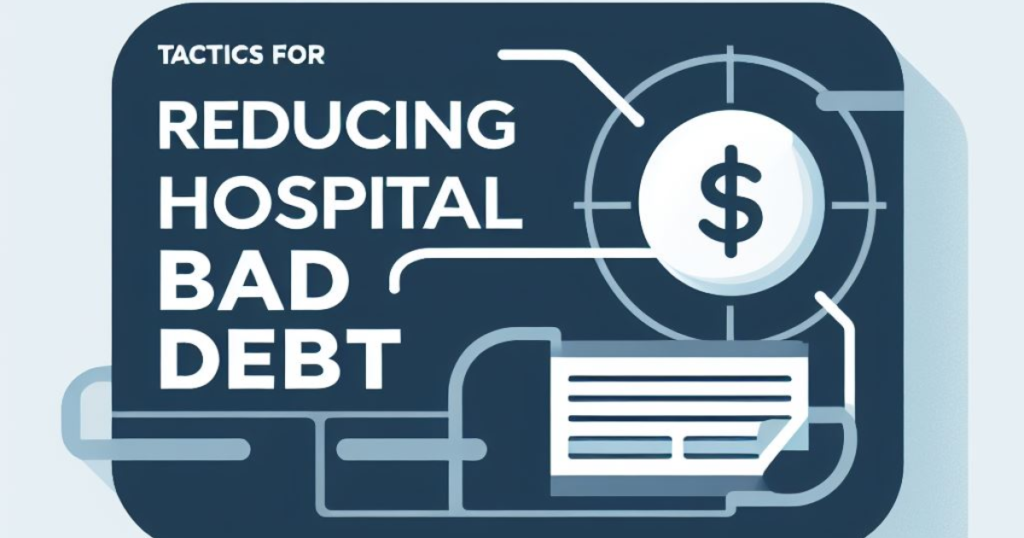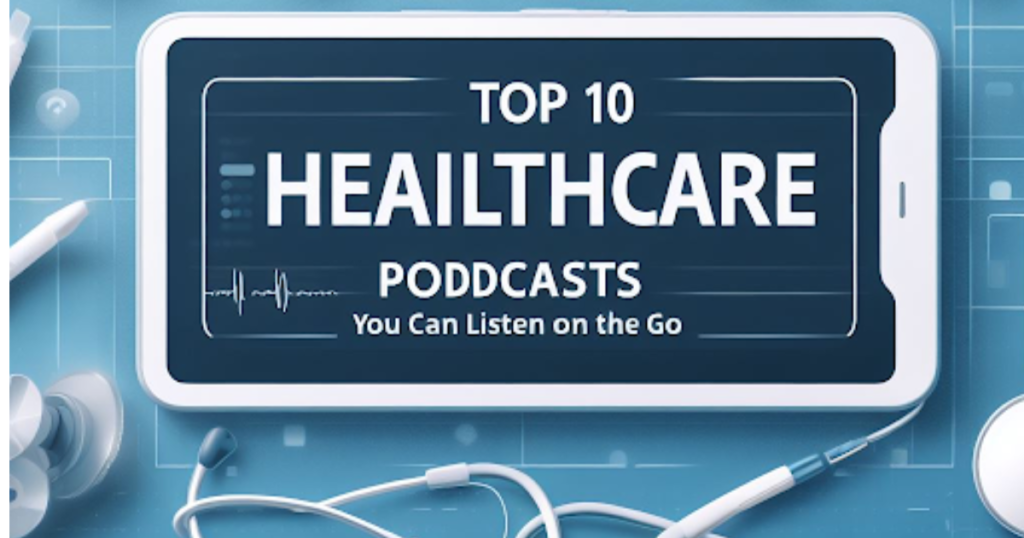
The future of Credentialing in US healthcare is an exciting prospect. With the ever-evolving landscape of medical technology, data and information sharing, and patient care protocols, the possibilities for improving upon already established credentials, or introducing new ones entirely, are immense.
The Gaps In The Current Credentialing Process
Currently, the Credentialing process in US healthcare relies heavily on paper-based systems of verifications and background checks, posing several limitations.
- Excessive paperwork – Healthcare credentialling often requires an overwhelming amount of paperwork to be completed and submitted, leading to lengthy processing time and potential errors in data entry.
- Lack of central storage – Due to the current system relying heavily on manual forms that must be mailed or faxed, there is a lack of centralized storage for all medical provider credentialing information.
- Inefficient data sharing – The manual processing of paper documents makes it difficult to quickly and accurately share data between organizations or providers, leading to delays in receiving up-to-date information.
- Inefficient data sharing – The manual processing of paper documents makes it difficult to quickly and accurately share data between organizations or providers, leading to delays in receiving up-to-date information.
- Vulnerability to fraud – With the current process being largely reliant on physical records and manually entered data, it is more vulnerable to potential fraud or errors in data entry.
- Inadequate oversight – Currently there is a lack of consistent oversight and monitoring of the credentialing process across organizations, leading to gaps in accountability.
- Outdated technology – The current system is outdated, making it difficult to keep up with advances in technology and the changing needs of providers.
Gaps exist to be solved, don’t they? Well, we expect a brighter future with automation kicking in and enhancing the efficiencies of processes across industries.
The Future With Automation Of The Credentialing Process
In the future, Healthcare Providers will likely turn to digital solutions that automate the Credentialing process, eliminating errors and delays. This would lead to,
- Increased accuracy – Automating the credentialing in healthcare eliminates many potential sources of errors that could occur in manual data entry, leading to more accurate information.
- Cost reduction – Automation can help reduce costs associated with paperwork, storage, and data sharing between organizations.
- Improved efficiency – Data can be quickly shared and updated across different providers by automating the healthcare credentialing process, resulting in faster processing times and improved patient care.
- Enhanced security – Automation can add an extra layer of protection against potential fraud or data breaches, with the added benefit of providing an audit trail for compliance purposes.
- Increased oversight – Automating the medical provider credentialing process allows for enhanced oversight and monitoring across organizations, ensuring greater accountability and accuracy in credentials.
- Modernized technology – It allows for greater flexibility in adapting to changing requirements and staying up-to-date with advances in medical technology.
Likely Technology Advancements In Credentialing
- The use of digital badges and Micro-Credentialing may soon become the norm for healthcare providers, allowing them to distinguish themselves in a competitive labor market and demonstrate their expertise in specific areas.
- In addition, cloud-based platforms are beginning to emerge as powerful tools that enable healthcare organizations to manage, store, and share verified credentials between providers and patients.
- The introduction of blockchain technology into Healthcare Credentialing has the potential to revolutionize how providers prove their qualifications and experience. By using a secure distributed ledger system, medical records can be instantly verified without the need for costly manual verifications or waiting periods. This could significantly cut down on administrative costs and time wasted on verifying credentials, allowing providers to spend more time providing quality care.
- As Healthcare Systems become increasingly interconnected, there is a clear need for interoperability and standardization of data to ensure accuracy and consistency across the board. The use of Credentialing protocols such as FHIR (Fast Health Information Resources) has become increasingly popular, providing a framework for organizations to share and access medical records securely.
Like a wise man once said – Change remains constant, similarly credentialing in healthcare processes will need to remain up-to-date with the latest developments in technology and data analytics. Healthcare Credentialing bodies will have to continually monitor systems for accuracy, verify new providers as they enter the workforce, and monitor existing credential holders to ensure they remain in compliance with regulations.
Conclusion
All-in-all, the future of Credentialing in US Healthcare looks bright. Innovations in digital health technology, data analytics, and blockchain will provide powerful tools for credentialing bodies to better protect the safety and privacy of patients while providing more efficient services. As healthcare systems and providers become increasingly interconnected, standardization of data will be the key to ensuring accuracy and consistency across systems. With these developments in mind, we can look forward to a future where medical provider credentialing is faster, more secure, and more reliable than ever before.
To navigate through the current cumbersome Credentialing process, you can reach out to expert Credentialing partners for reliable assistance. Simplify credentialing in healthcare with Apaana Healthcare. Get in touch to know more.




